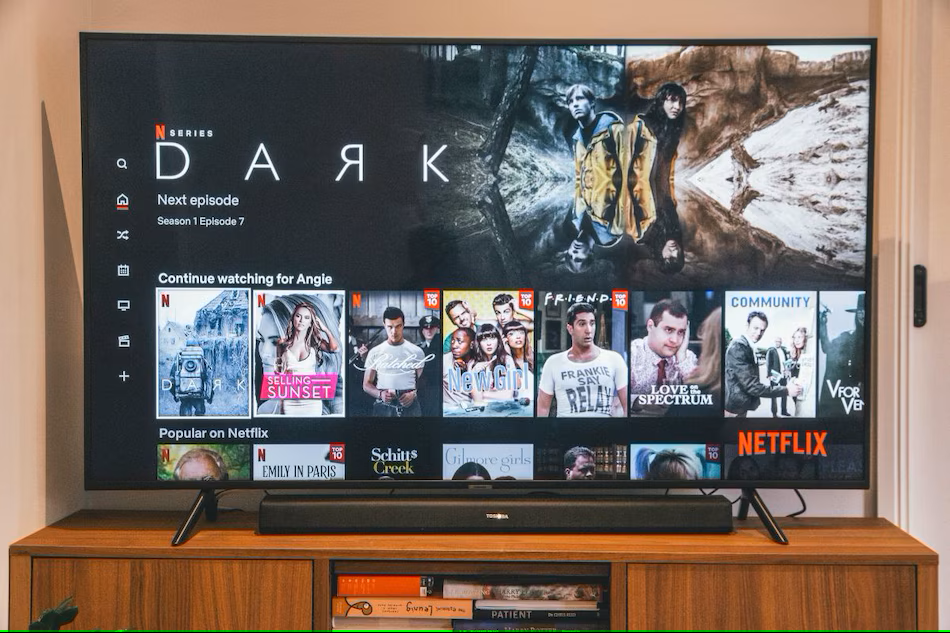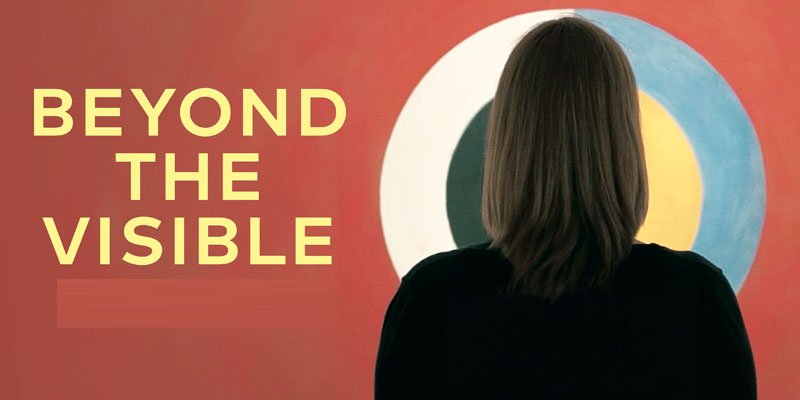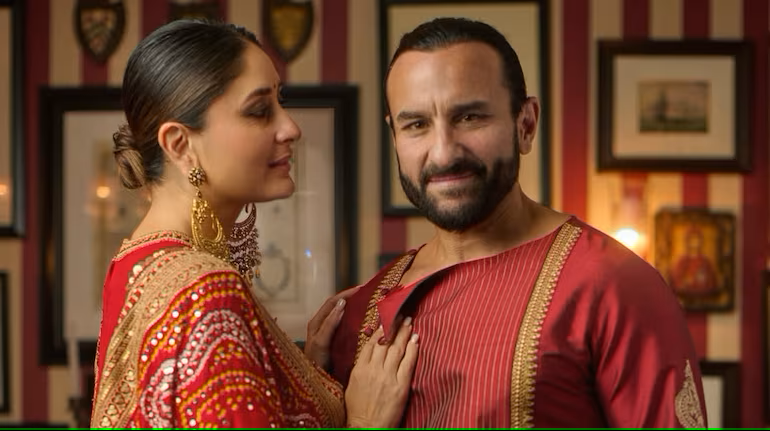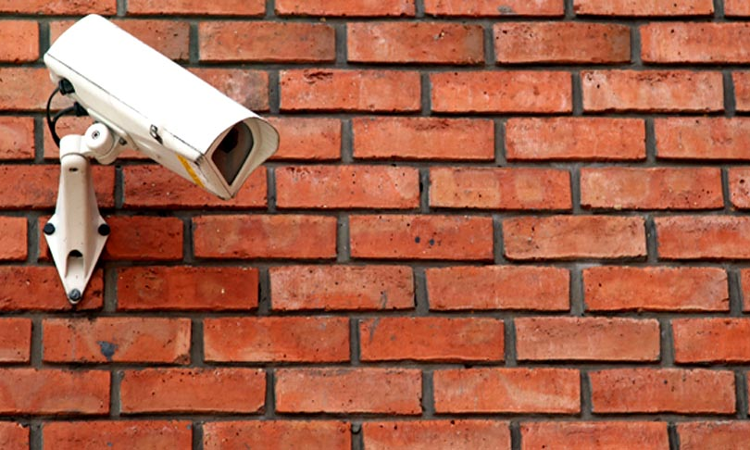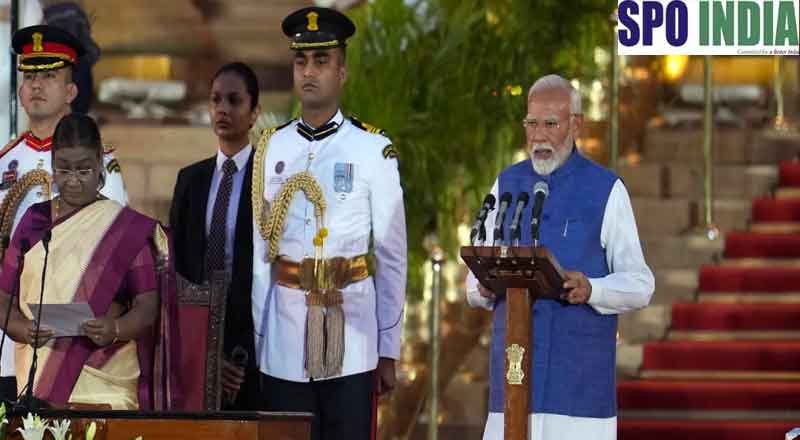
Narendra Modi's Historic Third Term: PM Sworn in for Consecutive Reign, Matches Nehru's Record
In a monumental occasion steeped in tradition and symbolism, Narendra Modi, the incumbent Prime Minister of India, ascended to power for an unprecedented third consecutive term, echoing the illustrious tenure of Pandit Jawaharlal Nehru. The Rashtrapati Bhavan in New Delhi bore witness to this historic event as President Droupadi Murmu administered the oath of office to Modi, signifying the continuation of his leadership journey that commenced in 2014 and was reaffirmed in 2019.
At the age of 73, Modi etched his name in the annals of Indian political history as only the second individual to secure the coveted position for three successive terms, a distinction previously held solely by Nehru, who clinched electoral victories in 1952, 1957, and 1962. The magnitude of this achievement reverberated not only across the nation but also resonated with global leaders, as evidenced by the distinguished presence of heads of state and government from India's neighboring countries and the Indian Ocean region.
Among the esteemed guests were Maldives President Mohamed Muizzu, Bangladesh Premier Sheikh Hasina, Nepal Prime Minister Pushpa Kamal Dahal 'Prachanda', Sri Lankan President Ranil Wickremesinghe, Mauritius Prime Minister Pravind Kumar Jugnauth, Bhutanese PM Tshering Tobgay, and Vice-President of Seychelles Ahmed Afif. Their attendance underscored the significance of Modi's leadership on the regional and international stage, highlighting India's pivotal role in the global community.
However, what distinguished this swearing-in ceremony was not only its grandeur but also its inclusivity. Modi's commitment to representing all sections of society was evident as members of marginalized communities, including the transgender community, and frontline workers such as sanitation workers and laborers involved in the construction of the new parliament building, were accorded a place of honor.
Prior to the solemn oath-taking ceremony, Modi engaged in a customary interaction with Members of Parliament, fostering camaraderie and dialogue within the political fraternity. Additionally, he extended hospitality with a high tea hosted at his residence in 7 Lok Kalyan Marg, reinforcing the spirit of unity and collaboration that underpins India's democratic ethos.
The triumphant electoral performance of the National Democratic Alliance (NDA), as reflected in the Bharatiya Janata Party's robust showing with 240 seats in the recent elections, underscored the resounding mandate for Modi's leadership. Amidst meticulous security arrangements, which included the deployment of around 1,100 traffic police personnel and strategic traffic route planning, the ceremony unfolded seamlessly, marking the commencement of Modi's historic third term at the helm of India's governance landscape.
The new Cabinet will include 30 Cabinet ministers, five Ministers of State with Independent Charge, and 36 Ministers of State.
- Rajnath Singh, who held the Union Defence Minister's post in the previous government, was sworn in on Sunday.
- Amit Shah, who was the union home minister in the Modi 2.0, was inducted into the new government.
- Nitin Gadkari, who held the post of Union Minister of Road and Transport, was part of the newly-formed NDA government.
- JP Nadda, who is the BJP national chief, was the new entrant to the Narendra Modi-led Cabinet
- Shivraj Singh Chouhan, the former Chief Minister of Madhya Pradesh, has been given a Cabinet berth
- Nirmala Sitharaman, who held Finance portfolio previously, was part of new government
- Dr S Jaishankar, who was the External Affairs Minister, was part of Modi 3.0
- Manohar Lal Khattar, who quit as Haryana Chief Minister in March, was given Cabinet post
- HD Kumaraswamy, chief of JD(S), was sworn in as Union Minister in the PM Modi-led NDA government
- Piyush Goyal, who secured his first Lok Sabha term after defeating Congress candidate, was sworn in as Union Minister
- Dharmendra Pradhan, who was a union minister in previous government, was sworn in as Union Minister again
- Jitan Ram Manjhi, founder of Hindustani Awam Morcha (Secular), took oath as a Union Cabinet Minister
- Rajiv Ranjan (Lalan) Singh, leader from Nitish Kumar's JD(U), took oath as a Union Cabinet Minister
- Sarbananda Sonowal, BJP leader from Assam, was sworn-in as Union Minister
- Kinjarapu Ram Mohan Naidu, Telugu Desam Party leader, was included into Prime Minister Narendra Modi-led NDA government
- Dr. Virendra Kumar took oath as Cabinet Minister in the third term of PM Modi-led government
- Jual Oram was sworn-in as Union Minister in the Modi 3.0
- Pralhad Joshi was sworn-in as Union Minister on Sunday
- Ashwini Vaishnaw, who held the Railways portfolio previously, took oath as Union Cabinet Minister

